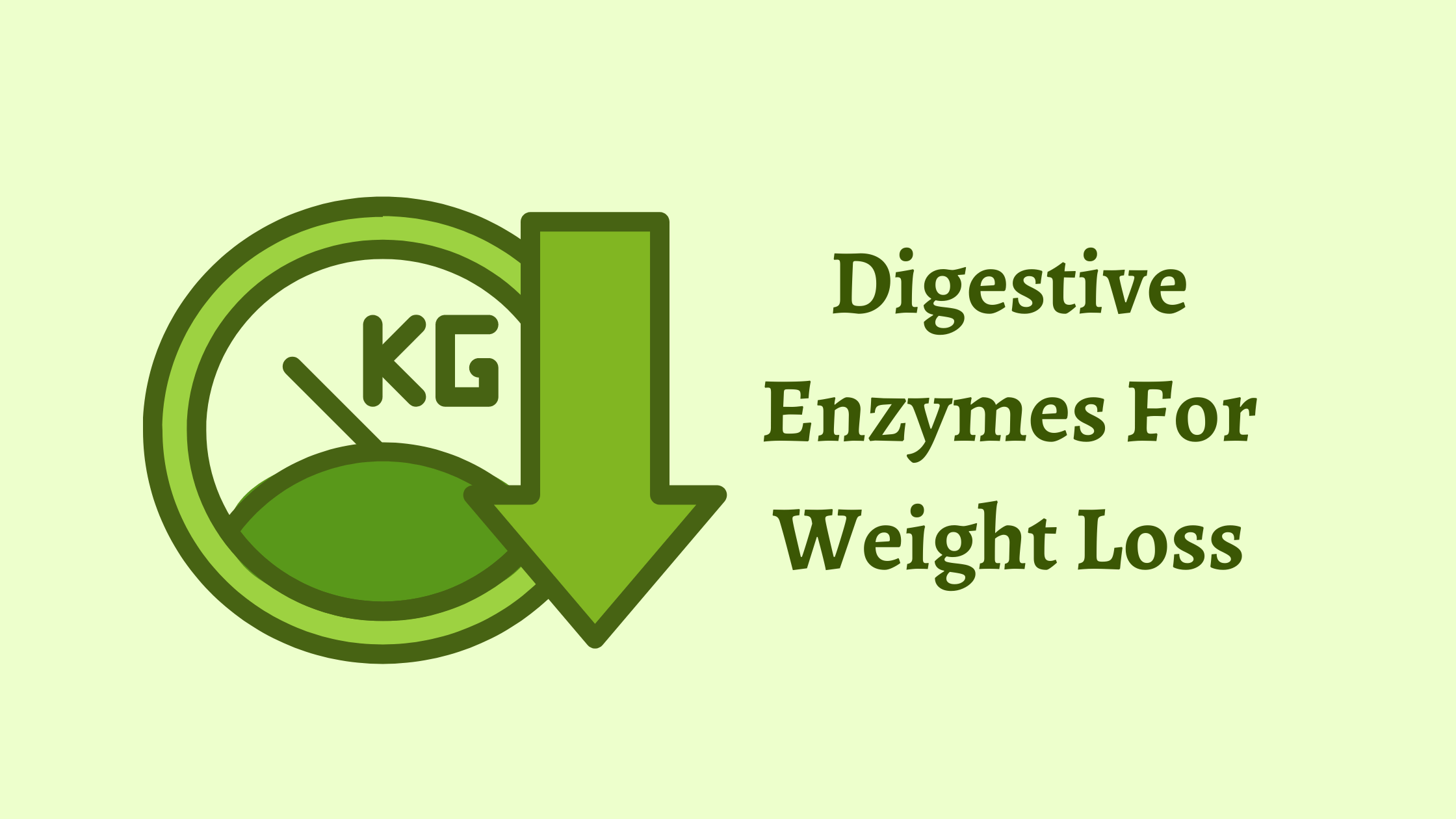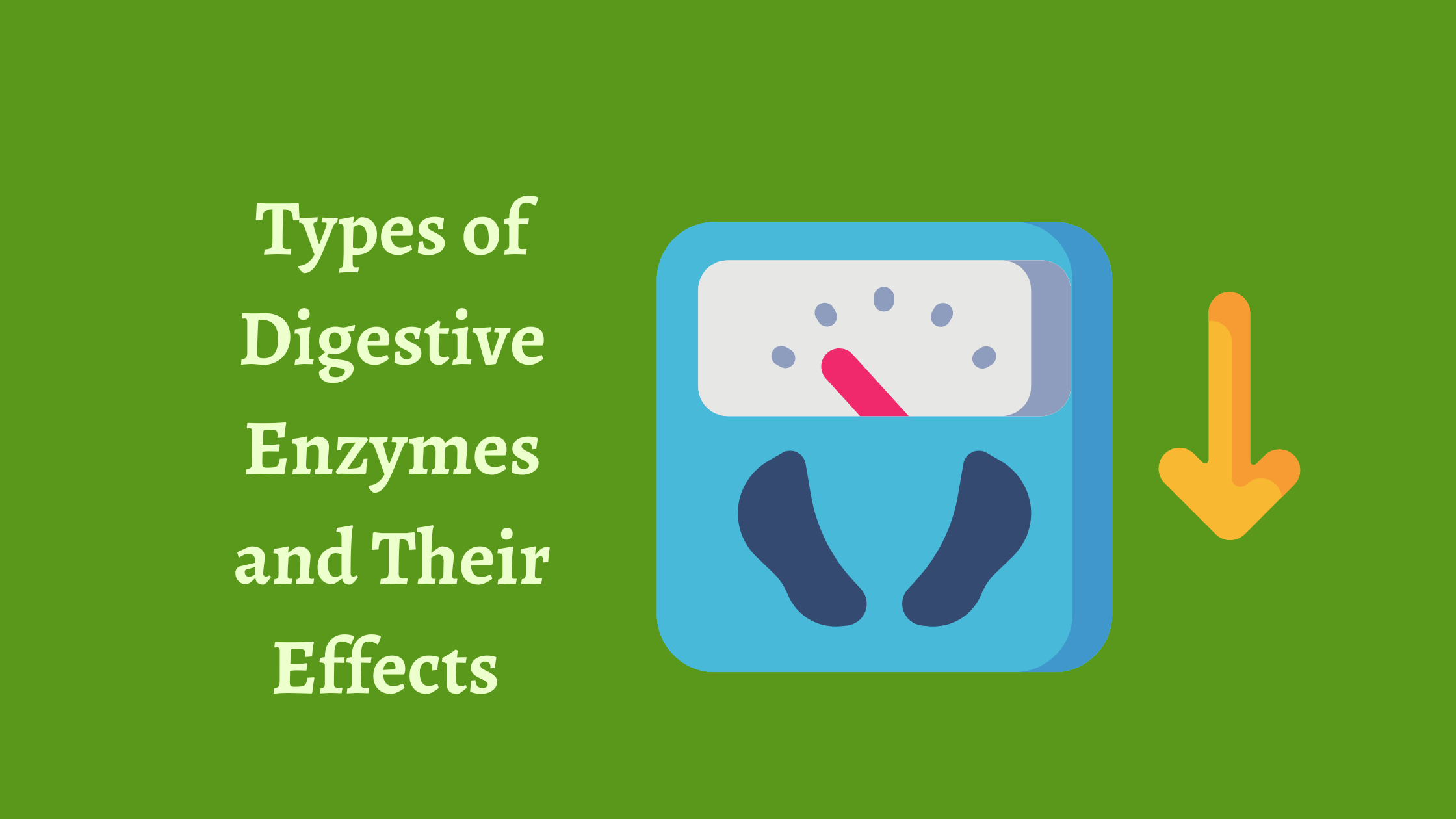
Digestive enzymes lose weight are proteins that break down the nutrients in food into smaller molecules that can be absorbed by the body. These enzymes are produced naturally in the body and are found in the digestive system. However, some people may have a deficiency in digestive enzymes or may require additional enzymes to improve digestion. This has led to the development of digestive enzyme supplements, which are claimed to improve digestion and promote weight loss. In this article, we will explore the effectiveness of digestive enzymes for weight loss.
What Are Digestive Enzymes, and How Do They Work?
Digestive enzymes are proteins that catalyze the breakdown of complex nutrients into simpler forms that can be absorbed by the body. These enzymes are produced in various parts of the digestive system, including the mouth, stomach, pancreas, and small intestine. The main digestive enzymes are amylase, protease, and lipase.
Amylase breaks down carbohydrates into simple sugars, such as glucose and fructose. Protease breaks down proteins into amino acids, while lipase breaks down fats into fatty acids and glycerol.
The digestive process begins in the mouth, where the enzyme amylase is secreted by the salivary glands. The food is then broken down further in the stomach by hydrochloric acid and protease. The partially digested food then moves to the small intestine, where it is further broken down by various digestive enzymes produced by the pancreas and the small intestine. The nutrients are then absorbed into the bloodstream and transported to the cells of the body, where they are used for energy and other functions.
Certain drinks, such as coffee and prune juice, have gained a reputation for their ability to not only quench your thirst but also make you poop. These beverages are known for their laxative properties, thanks to components like caffeine in coffee and natural sugars and fiber in prune juice. Consuming these drinks in moderation may stimulate bowel movements by promoting muscle contractions in the intestines, helping to relieve constipation for some individuals. It’s important to note that individual responses may vary, and excessive consumption could lead to unwanted effects, so it’s advisable to enjoy these drinks sensibly to maintain a healthy digestive balance.
Types of Digestive Enzymes and Their Effects

There are several types of digestive enzymes, each with a specific function. Some of the most common digestive enzymes and their effects are discussed below.
Amylase
Amylase breaks down carbohydrates into simple sugars, which can be absorbed by the body. Amylase supplements are often marketed as aids for weight loss, as they are claimed to help reduce the absorption of carbohydrates.
Protease
Protease breaks down proteins into amino acids, which are used by the body for various functions, including building muscle and repairing tissues. Protease supplements are often used to improve digestion and aid in weight loss.
Lipase
Lipase breaks down fats into fatty acids and glycerol, which are used by the body for energy. Lipase supplements are often marketed as aids for weight loss, as they are claimed to help reduce the absorption of fats.
Bromelain
Bromelain is a mixture of enzymes found in pineapple. It is primarily used to aid in digestion and reduce inflammation.
Papain
Papain is a mixture of enzymes found in papaya. It is primarily used to aid in digestion and reduce inflammation.
Lactase
Lactase breaks down lactose, a sugar found in milk and other dairy products. Lactase supplements are often used by people who are lactose intolerant.
Do Digestive Enzymes Help With Weight Loss?

The effectiveness of digestive enzymes lose weight is a topic of debate. Some studies suggest that digestive enzymes can help improve digestion and aid in weight loss, while others suggest that there is no significant effect.
One study published in the Journal of Medicinal Food found that a combination of digestive enzymes and probiotics helped improve digestion and reduce body weight in overweight women. Another study published in the Journal of the International Society of Sports Nutrition found that a combination of protease, amylase, and lipase supplements helped improve body composition and reduce body fat in athletes.
However, other studies have found no significant effect of digestive enzyme supplements on weight loss. For example, a study published in the Journal of Obesity and Weight Management found that supplementing with digestive enzymes did not result in significant weight loss in obese adults.
It is important to note that while digestive enzymes may improve digestion and nutrient absorption, they are not a substitute for a healthy diet and exercise. In order to achieve and maintain a healthy weight, it is essential to follow a balanced diet that is rich in whole foods and low in processed and high-fat foods. Regular exercise and physical activity are also important for maintaining a healthy weight and improving overall health.
Digestive Enzymes and Gut Health
In addition to their potential role in weight loss, digestive enzymes may also have a positive effect on gut health. The gut microbiome, which consists of trillions of bacteria and other microorganisms, plays a critical role in digestion, nutrient absorption, and immune function. A healthy gut microbiome, supported by supplements like Nucific Digestive Enzyme, is essential for overall health and well-being.
Some studies suggest that digestive enzymes may help promote a healthy gut microbiome by improving digestion and nutrient absorption. For example, a study published in the Journal of Medicinal Food found that a combination of digestive enzymes and probiotics helped improve gut microbiome diversity in overweight women.
Another study published in the Journal of Nutrition and Metabolism found that a combination of digestive enzymes and prebiotics helped improve gut health and reduce inflammation in people with irritable bowel syndrome (IBS).
However, more research is needed to fully understand the potential benefits of digestive enzymes for gut health and microbiome diversity.
Final Words
Digestive enzymes may have potential benefits for weight loss and gut health, but more research is needed to fully understand their effectiveness. While digestive enzyme supplements are generally considered safe, they may cause side effects such as nausea, diarrhea, and abdominal pain in some people.
It is important to consult with a healthcare professional before taking digestive enzyme supplements, especially if you have a medical condition or are taking medications. In addition, digestive enzyme supplements should not be used as a substitute for a healthy diet and exercise.
Incorporating whole, nutrient-dense foods into your diet, staying physically active, and maintaining a healthy gut microbiome through probiotic and prebiotic-rich foods are some of the best ways to promote weight loss and overall health.
Thanks for reading!